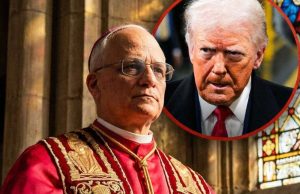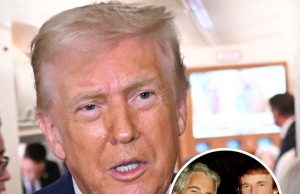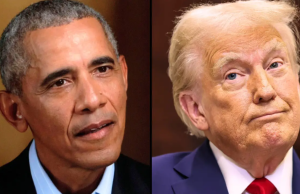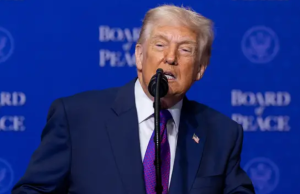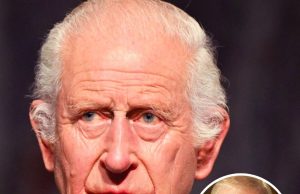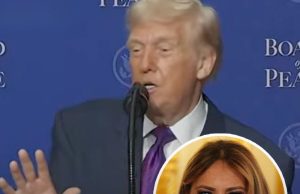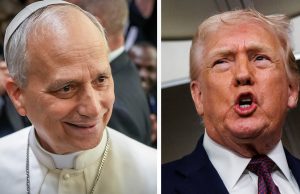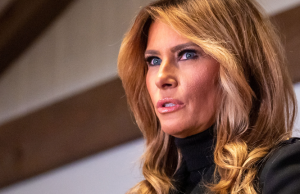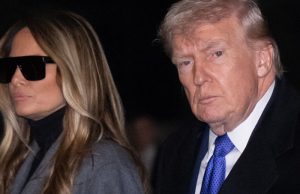
Recent speculation has emerged over whether former President Barack Obama could face prosecution for alleged tre.ason—an idea that has sparked considerable debate.
While tensions between Obama and his successor, Donald Trump, have long been evident, their interactions have typically remained civil—until now. On July 20, Trump stirred controversy by sharing an AI-generated video depicting Obama being arrested.
This incident came just days after Tulsi Gabbard, currently serving as the U.S. Director of National Intelligence, accused Obama of orchestrating a “treasonous conspiracy” to undermine Trump’s initial presidency.
On July 18, Gabbard stated, “Over 100 documents we released on Friday detail and provide evidence that this conspiracy was directed by President Obama just weeks before he left office, after Trump had already been elected.”
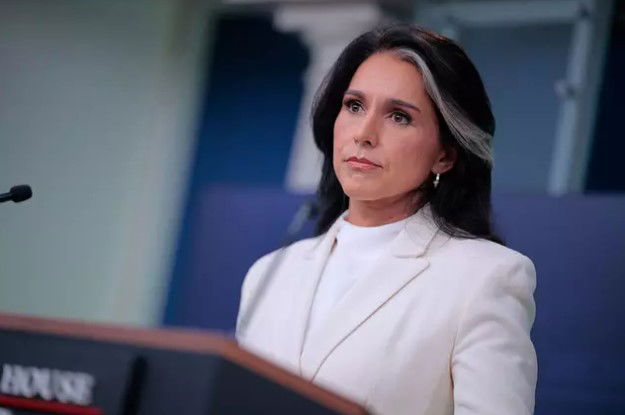
The accusation revolves around the Obama administration’s handling of claims that Russia interfered in the 2016 U.S. election to favor Trump. According to Obama-era officials, while Russia did attempt to interfere, it ultimately failed to impact the vote.
Gabbard has since declassified a report that, according to her, highlights the improper politicization and misuse of intelligence resources. She claims the documents offer “irrefutable evidence” that Obama and other senior officials directed the creation of an intelligence assessment they allegedly knew to be false.
Could Trump’s team prosecute Obama?
In short, the answer is no—at least not easily. The controversy echoes legal questions raised during Trump’s own presidency, particularly following his indictment over events related to the January 6 Capitol riot.
These circumstances led the U.S. Supreme Court to clarify the legal protections afforded to presidents.
The court ruled that a former president is fully immune from criminal charges for actions taken under their constitutional authority and enjoys presumed immunity for other official duties. Only actions deemed “unofficial” are not protected.
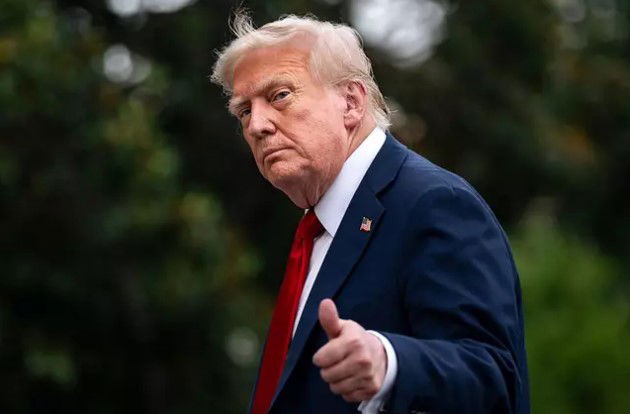
Given that Obama was still in office at the time of the alleged events, his actions are currently considered protected. Prosecutors would need to prove that his conduct fell outside the bounds of official presidential duties to pursue charges.
Obama’s response to the allegations
Patrick Rodenbush, a spokesperson for Obama, issued a rare public statement in response to the accusations.
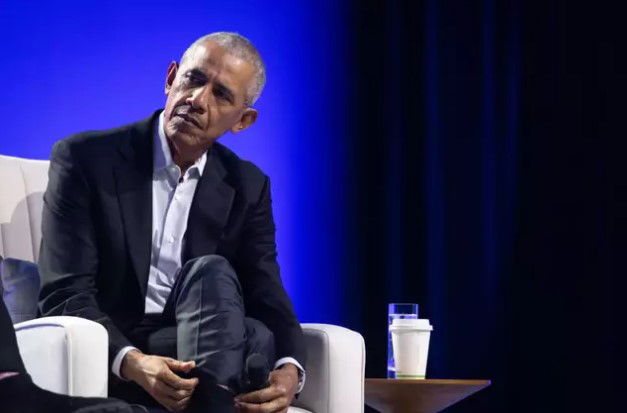
“Normally, we refrain from responding to the constant flow of misinformation and absurdities coming out of this White House,” Rodenbush said.
“But these claims are so outrageous that they warrant a response.”
He added, “These bizarre allegations are baseless and a feeble attempt at distraction. The document released last week does nothing to dispute the broadly accepted conclusion that, while Russia tried to influence the 2016 election, it did not succeed in altering any actual votes.”

